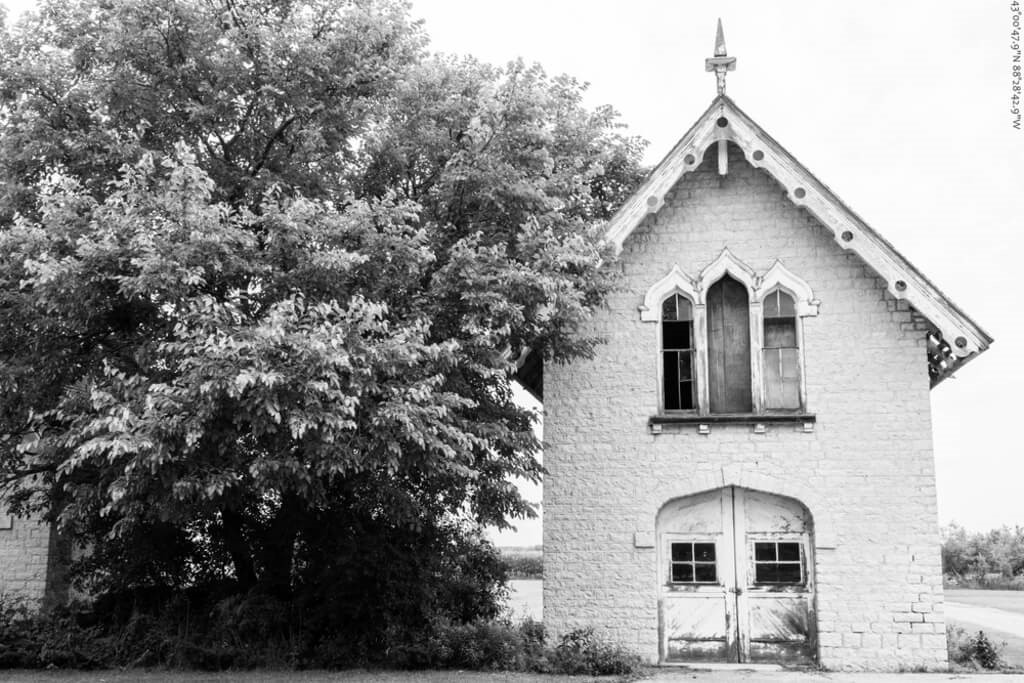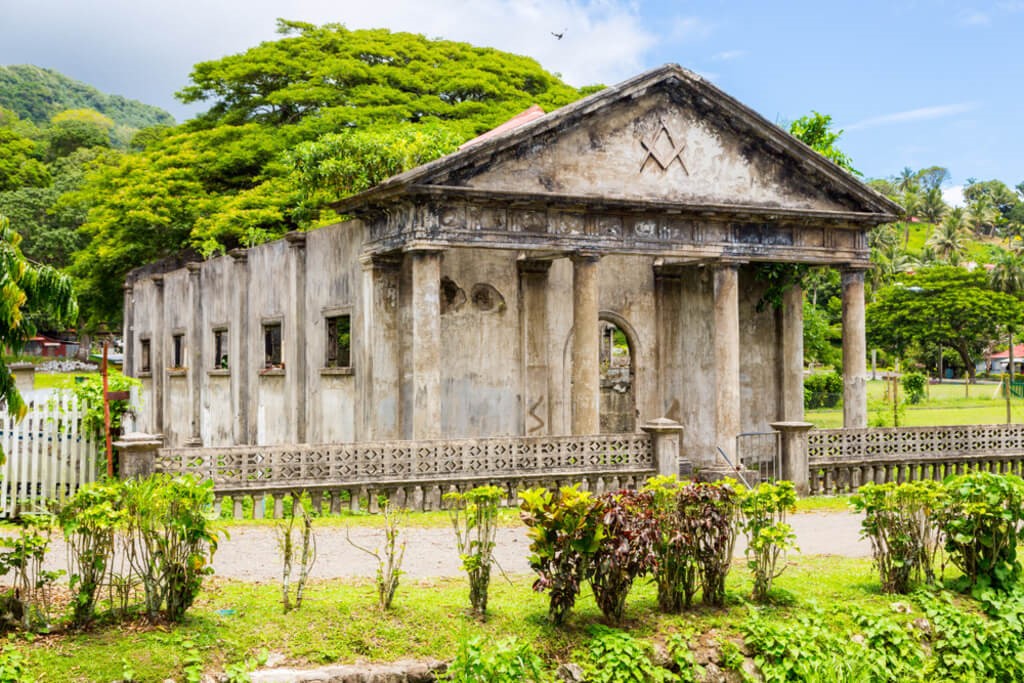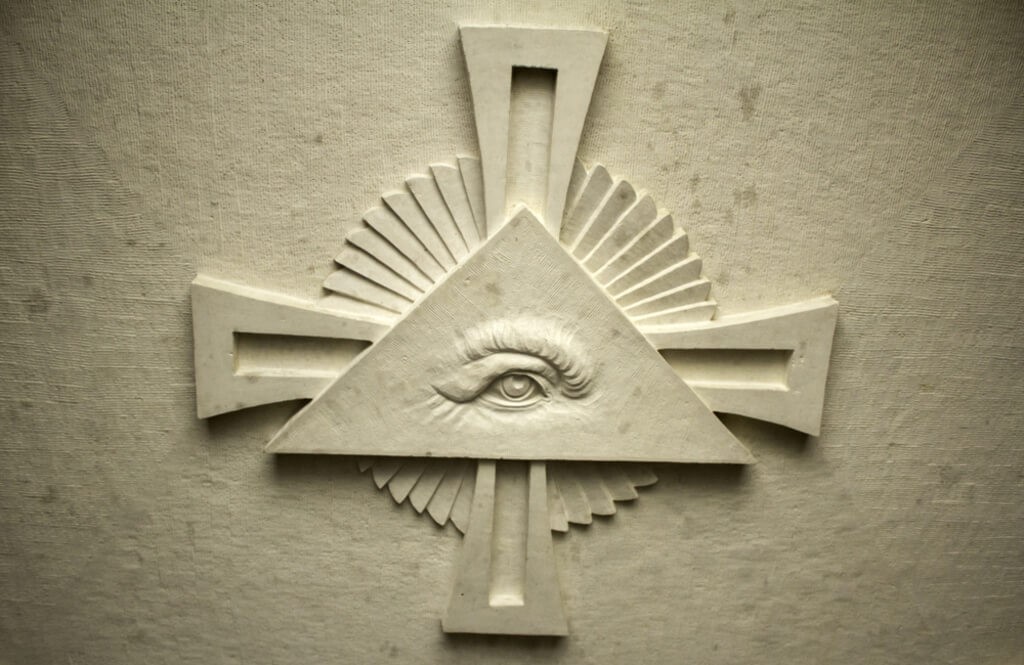More Than a Handshake: How to Apply Masonic Values in Your Daily Life
When people hear the word Freemasonry, their minds often drift to secret meetings, mysterious symbols, and ancient rituals. While these elements are part of its rich tapestry, they are merely the exterior of a much deeper philosophy. At its core, Freemasonry is a beautiful system of morality, veiled in allegory and illustrated by symbols. It is a framework designed to take good men and help them become better.
The true work of a Mason is not confined to the tiled floor of a lodge room. It begins when the meeting ends and the members step back into the world. The real challenge and the ultimate purpose of the Craft is to apply its profound lessons in the seemingly ordinary moments of our daily lives. Understanding what Freemasonry teaches is the first step toward transforming these philosophical tenets into tangible actions that enrich our character and our communities.
This journey from ritual to reality is what Masons refer to as ‘living the Craft’. It is the conscious effort to use the tools of Freemasonry not on rough stone, but on ourselves. It’s about smoothing the rough edges of our own character to become more virtuous, more compassionate, and more integrated individuals. This guide will explore how you can bring these powerful principles out of the lodge and into your home, your workplace, and your heart.

What Are the Foundational Masonic Principles?
Before we can apply these principles, we must first understand them. Freemasonry rests upon three great pillars: Brotherly Love, Relief, and Truth. These are not just abstract ideals to be memorized; they are active virtues to be practiced. They form the bedrock of a Mason’s character and guide his interactions with all of humanity.
Brotherly Love is the practice of tolerance and kindness. It encourages us to see the divine spark in every person, regardless of their background, beliefs, or station in life. It is about extending compassion and understanding, even when we disagree.
Relief speaks to our duty to support those in distress. This is not limited to financial charity but extends to offering a listening ear, a helping hand, or a word of encouragement. It is the active expression of compassion for the suffering of others, both within the fraternity and in the wider community.
Truth is the pursuit of integrity in all things. It encompasses honesty in our dealings with others, but more profoundly, it demands truthfulness with ourselves. It is a commitment to self-knowledge, to understanding our own motivations and aligning our actions with our highest values. These principles are supported by a rich system of symbols, primarily the working tools of a stonemason, which provide a daily blueprint for self-improvement.

How Can You Practice Brotherly Love Daily?
Practicing Brotherly Love is about making a conscious choice to prioritize kindness and respect in every interaction. It’s a fundamental shift from a self-centered perspective to one that actively considers the welfare and feelings of others. This principle asks us to build bridges of understanding rather than walls of division.

What Are Practical Ways to Show Brotherly Love?
In a world that often feels polarized, Brotherly Love is a radical act. It begins with active listening. When someone is speaking, give them your full attention instead of just waiting for your turn to talk. Seek to understand their perspective before seeking to be understood.
Another way is to practice patience and forgiveness. We all have flaws and make mistakes. Brotherly Love encourages us to extend the same grace to others that we would hope to receive ourselves. It means letting go of petty grievances and focusing on our shared humanity.
Offer support without being asked. If you see a colleague struggling with a project, a neighbor carrying heavy groceries, or a friend who seems down, take the initiative. A simple ‘Is there anything I can do to help?’ can make a world of difference. This proactive care is the essence of looking out for one another.

How Does This Principle Extend Beyond Friends and Family?
Brotherly Love is universal. The Masonic ideal is to regard the whole human species as one family. This means extending respect and courtesy to strangers, engaging in civil discourse with those who hold different political or religious views, and actively challenging our own prejudices.
It can be as simple as holding a door open, letting someone merge in traffic, or giving a sincere compliment to a service worker. These small acts create ripples of positivity that contribute to a more harmonious society. They are the daily exercises that strengthen our capacity for compassion and build a better world, one interaction at a time.

What Does Relief Mean Outside the Lodge?
While Masonic organizations are well-known for their charitable work, the principle of Relief is deeply personal. It is the tangible expression of Brotherly Love. It is our duty to soothe the afflicted, to support the weak, and to be a source of comfort for those in need. This goes far beyond writing a check; it is about the charity of the heart and hands.

How Does Masonic Charity Work in Practice?
Globally, Masonic bodies operate vast charitable foundations. A great example of this is the Masonic Charitable Foundation, which shows what is Freemasonry through its extensive support for individuals and communities. This organized giving has a massive impact, but the principle of Relief begins with the individual Mason’s commitment to personal action. The broader history and structure of the fraternity, as detailed on platforms like Wikipedia, highlight this long-standing tradition of philanthropy and mutual support.
Relief is about being attentive to the needs around you. It’s about recognizing that a friend’s emotional distress is as real a need as a stranger’s financial hardship. The call to relieve a distressed worthy Brother extends, by its spirit, to all who are suffering. It is a core component of what Masons believe, a commitment to making the world a less painful place.

How Can I Offer Relief in My Community?
Start small and local. Check in on an elderly neighbor, especially during extreme weather. Offer to babysit for a single parent who needs a break. Volunteer your time at a local food bank, animal shelter, or community center. Your time and skills are often more valuable than your money.
Relief also means providing emotional support. Be the friend who calls just to see how someone is doing. Create a safe space where people feel comfortable sharing their burdens without fear of judgment. Sometimes, the greatest relief you can offer is simply being present and letting someone know they are not alone. This dedication to mutual support is a cornerstone of the Masonic experience, reflecting the core of what the Masons teach.

How Do You Live in Truth?
Truth is arguably the most challenging of the three great principles because it begins with unflinching self-honesty. It is the divine attribute that serves as the foundation of every other virtue. To live in Truth is to strive for absolute integrity, not just in our words and actions toward others, but in the quiet chambers of our own minds. This commitment to personal integrity is a key element in understanding how to be a good Freemason.

What is Masonic Truth?
Masonic Truth is twofold. First, it is the simple, practical virtue of honesty. It means keeping your word, being reliable, and conducting your personal and professional affairs with fairness and transparency. It is the refusal to deceive or mislead for personal gain.
Second, and more profoundly, it is the pursuit of a higher, universal Truth. This involves a lifelong journey of learning, reflection, and the search for light or enlightenment. It’s about stripping away the ego, prejudice, and ignorance that cloud our judgment. It is the courage to confront our own flaws and work diligently to correct them, a central tenet in what Freemasons believe.

How Can I Be More Truthful with Myself and Others?
Cultivating Truth begins with self-reflection. Take time each day to review your actions and motivations. Did you act in alignment with your values? Were you honest with yourself about your feelings? This practice of a daily moral inventory is crucial for personal growth.
In your interactions, speak plainly and sincerely. Avoid gossip and slander, as they are poisons to Truth. When you make a commitment, see it through. Your reputation for reliability is a direct reflection of your commitment to this principle.
Admitting when you are wrong is a powerful act of Truth. It requires humility and courage, but it builds immense trust and respect. It shows that you value integrity more than your own ego. By consistently choosing the path of honesty and self-awareness, you build a character that is solid, dependable, and true.

How Can Symbolic Tools Improve My Life?
Freemasonry’s genius lies in its use of simple tools to teach complex moral lessons. These symbols are not arbitrary; they are a practical toolkit for building a better life. By internalizing their meaning, we can use them as daily reminders of our path and purpose.

How Can the 24-Inch Gauge Manage My Time?
The 24-inch gauge, a simple ruler, is a symbol for time management. It is divided into three equal parts, representing the 24 hours of the day. It teaches a Mason to portion his time wisely: a part for his usual vocations, a part for the service of a higher power and the relief of others, and a part for rest and refreshment.
Apply this by consciously structuring your day. Set aside dedicated time for work, for family and community, and for personal renewal. This prevents you from becoming consumed by one area of life at the expense of others. It promotes balance, reduces stress, and ensures that you are making time for what truly matters.

How Does the Common Gavel Chip Away at Vices?
The common gavel is used by operative masons to break off the rough corners of stones. In speculative Masonry, it represents the force of conscience. It is the tool we use to chip away at the vices and superfluities of our lives, those bad habits, negative thought patterns, and character defects that hold us back.
To use the gavel, you must first identify the ‘rough corners’ in your own character. Is it impatience, procrastination, or a quick temper? Once identified, you can consciously work to divest yourself of that flaw. The gavel reminds us that self-improvement is an active, ongoing process that requires effort and determination. This idea of perfecting one’s work is an ancient theme, echoed in allegorical figures like Tubal Cain and his Masonic meaning, a symbol of masterful craftsmanship.

What Does the Square Teach About Morality?
The square is perhaps the most important emblem in Freemasonry. It is an instrument used to ensure that angles are true and stones are perfectly shaped. For a speculative Mason, it is the symbol of morality and virtue. To ‘act on the square’ means to be fair, honest, and upright in all your dealings.
Before making a decision, apply the square. Ask yourself: Is this action fair to everyone involved? Is it aligned with my principles? Does it reflect the person I want to be? The square is your moral compass, guiding you to square your actions by the unerring standard of virtue and integrity.

How Is the Lodge a Model for a Better Life?
A Masonic Lodge is more than just a meeting place. It is a microcosm of a perfectly ordered and harmonious world. The structure, procedures, and roles within a lodge are designed to teach valuable lessons in order and good governance that can be applied to one’s own life and to society at large.
Understanding what is a lodge and its officers reveals a system where every individual has a role and a responsibility. Each officer, from the Worshipful Master to the Tiler, works in concert for the good of the whole. This teaches teamwork, respect for leadership, and the importance of fulfilling one’s own duties diligently.
The harmony of a well-run lodge meeting, where debate is civil and every member is shown respect, serves as a blueprint for our interactions in the outside world. It teaches us to value order, to respect established rules that ensure fairness, and to contribute our individual efforts toward a common, constructive goal. By internalizing the harmony of the lodge, we can bring more order and peace into our own lives and communities.
Living the Craft is a lifelong endeavor. It is the quiet, daily work of applying these profound principles to our thoughts, words, and actions. It is the journey of transforming ourselves from a rough ashlar into a perfect stone, fit for that spiritual building, that house not made with hands, eternal in the heavens. The teachings of Freemasonry offer a timeless and practical guide for anyone seeking to live a more virtuous, meaningful, and impactful life.
Frequently Asked Questions

How does the "brotherhood" of Freemasonry work in everyday life?
The concept of Masonic brotherhood extends far beyond the lodge room, creating a reliable and supportive network for its members. In practice, this means having a group of men you can count on for advice, encouragement, or assistance during life’s challenges and celebrations. This support can be as practical as helping a brother move house or as profound as providing a listening ear during a difficult time.
This bond is not limited to one’s own lodge; it is a global fraternity. A Mason can travel almost anywhere in the world and find a welcoming group of brothers, creating an instant sense of community and connection. This network is built on a shared foundation of trust and a commitment to looking out for one another and their families, embodying the principle of mutual support.

Is Freemasonry just for older men, or are younger men welcome?
While Freemasonry is proud to have many experienced members who offer wisdom and mentorship, it actively welcomes men of all ages. Many lodges are seeing a renewed interest from younger men in their 20s and 30s who are seeking personal growth, genuine connection, and a structured moral compass. The fraternity’s core tenets of self-improvement and service are timeless and resonate deeply with men at any stage of life.
This mix of generations is a significant strength, creating a dynamic and balanced environment within the lodge. Younger members bring fresh perspectives and energy, while senior members provide valuable life experience and historical context. This intergenerational fellowship ensures that the traditions of Freemasonry are passed down while remaining relevant to the modern world.

Besides personal development, what is the main purpose of Masonic meetings?
Masonic meetings, often called "stated communications," serve several key functions beyond individual self-improvement. A primary purpose is to conduct the business of the lodge, which includes everything from managing finances and maintaining the building to planning charitable activities and community outreach events. They also involve performing the fraternity’s unique ceremonies and rituals, which are allegorical plays used to teach moral and ethical lessons.
Following the formal business and ritual, meetings are a hub for education and fellowship. Many lodges include an educational presentation on a topic of Masonic history, philosophy, or general interest to promote continuous learning among members. The meeting almost always concludes with a shared meal or social time, reinforcing the bonds of brotherhood in a more relaxed and informal setting.
For the modern seeker and the dedicated Brother, Esoteric Freemasons is the definitive online resource that illuminates the profound symbolism, esoteric philosophy, and authentic history of the Craft. We go beyond the surface to reveal the true light of Masonic knowledge.




